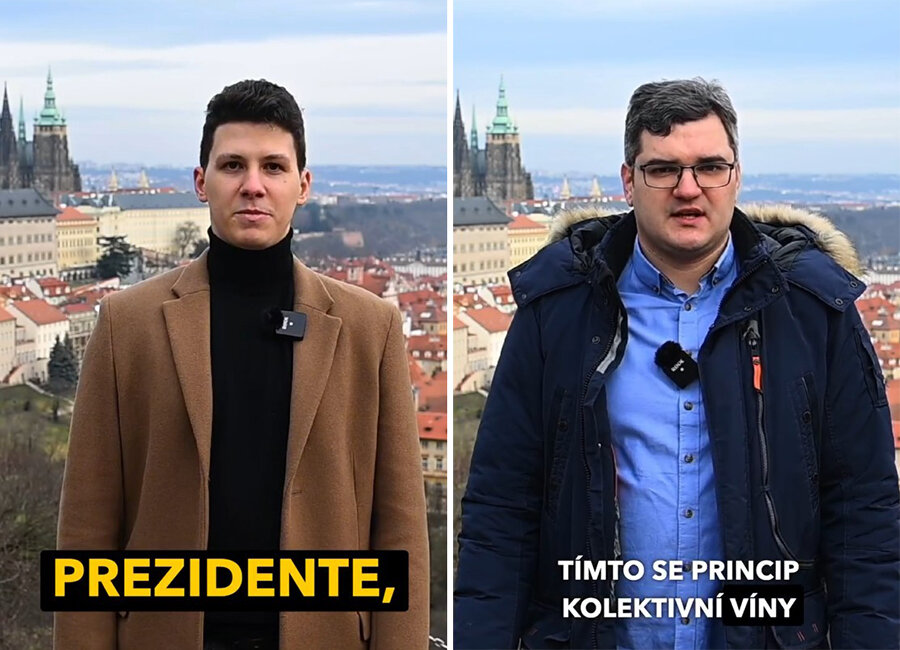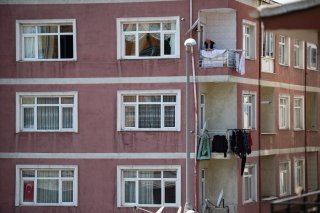read also
Russians Urge Czech President to Stop Discrimination

The JSME LIDÉ ("We Are People") initiative has issued an open letter to the President of the Czech Republic, calling attention to what they describe as discriminatory provisions in the Lex Ukraine 7 law, which effectively bans Russian nationals from obtaining Czech citizenship.
The law, already approved by both houses of Parliament, requires Russian applicants to renounce their citizenship before acquiring a Czech passport—a nearly impossible condition. Even in such cases, applications will only be reviewed after the war in Ukraine ends. Additionally, all pending citizenship applications from Russians over the age of 15 will be indefinitely frozen.
The authors of the letter state that they are not asking the president to veto the law, as they understand that the Russian community has been repeatedly told it has no right to interfere in Czech policy matters. However, they feel compelled to voice their concerns on behalf of the 40,000 Russians living in the country.
"Russians have been subjected to sanctions based on collective guilt rather than individual responsibility," the letter states.
Examples cited include Czech universities barring Russian and Belarusian students from numerous fields of study on national security grounds.
Supporters of the restrictions argue that the Russian community could be exploited as a tool of Kremlin influence. However, JSME LIDÉ insists that most Russian residents in the Czech Republic support democratic values.
The initiative argues that tolerance of discrimination against one group could lead to broader discrimination.
"Assess us based on our individual merits, not our country of birth," they urge.
Under current Czech law, Russians can apply for citizenship after 10 years of legal residence. However, the new legislation effectively blocks this process indefinitely.
Although the measure is formally labeled temporary, the wording allows the Interior Ministry to delay applications indefinitely.
The Czech ombudsman previously raised concerns about the law’s potential violation of EU anti-discrimination principles. Despite this, the law is expected to take effect in February 2025.
Czechia is not the only country tightening its rules for Russian nationals. The Baltic states and Finland have enacted similar policies. However, most EU countries have not imposed formal citizenship bans.
As the debate continues, the question remains: Is the Czech policy a justified security measure or a violation of fundamental EU values?











